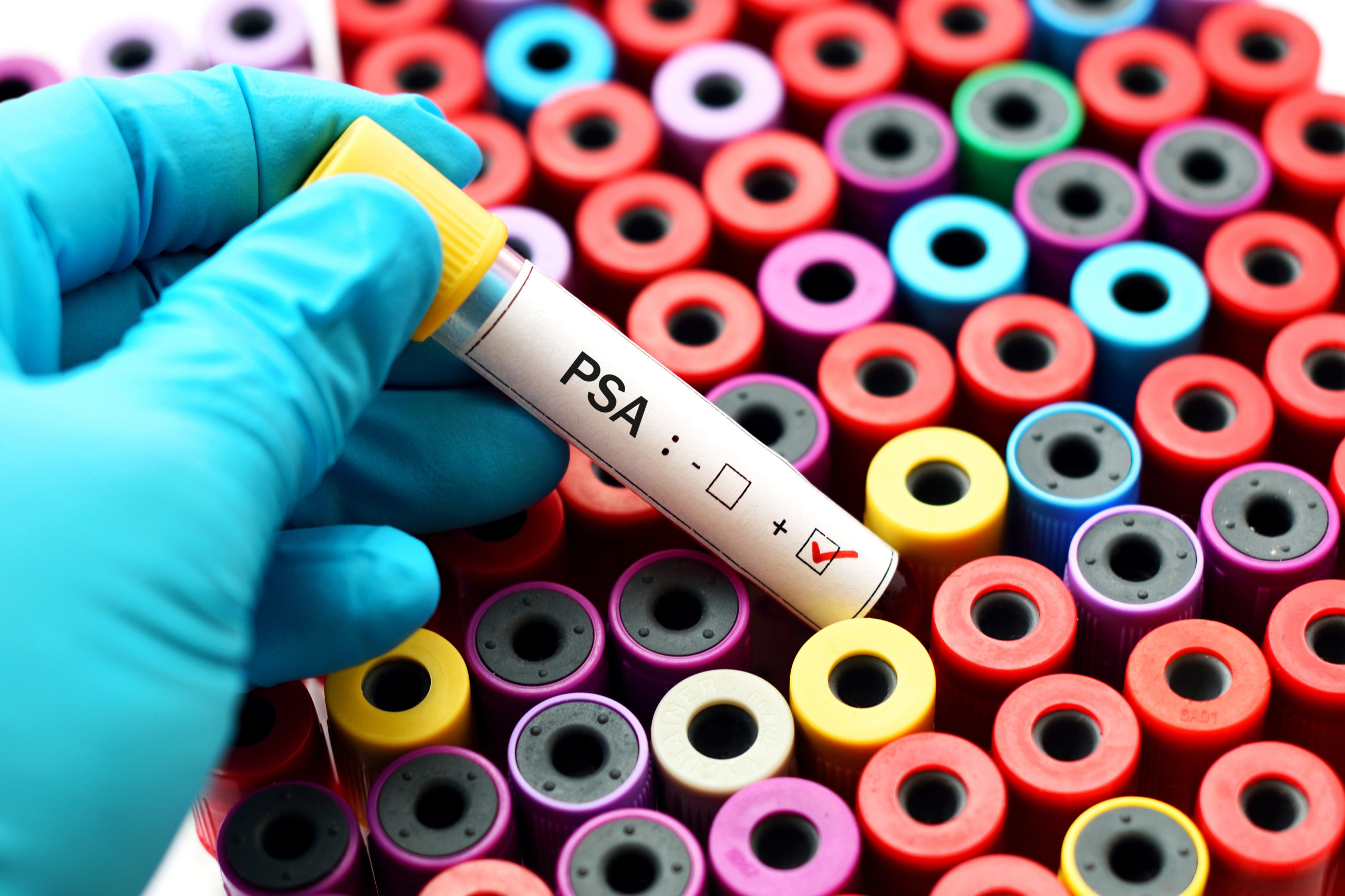
A study showed that 68Ga-labeled prostate-specific membrane antigen (68Ga-PSMA) positron emission tomography/computed tomography (PET/CT) can improve detection of clinically significant prostate cancer (csPCa). The results were presented at the Society of Nuclear Medicine and Molecular Imaging Annual Meeting.
The researchers retrospectively analyzed patients who had received both 68Ga-PSMA PET/CT and multiparametric magnetic resonance imaging (mpMRI) testing at their institution from January 2020 to November 2021. They then compared the 2 methods’ diagnostic performance, using histopathological results from transrectal ultrasound-guided biopsy as the reference.
The study defined csPCa as lesions with Gleason scores of 7 or higher based on biopsy; negative biopsy or Gleason score of 6 or lower were considered non-csPCa. Using those criteria, the study included 85 patients with csPCa and 67 with non-csPCa. The mean age was 68.5 years (range, 49-91 years).
Analysis indicated that 68Ga-PSMA PET/CT improved diagnosis of csPCa compared with mpMRI.







 © 2025 Mashup Media, LLC, a Formedics Property. All Rights Reserved.
© 2025 Mashup Media, LLC, a Formedics Property. All Rights Reserved.